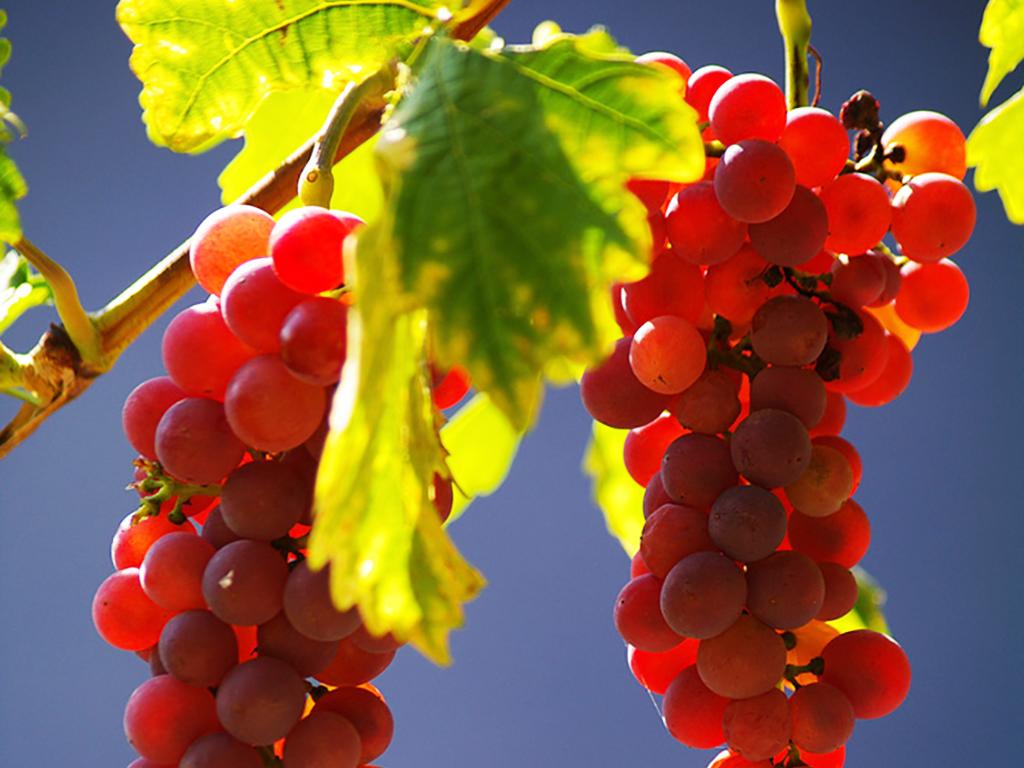2 Mins Read
Organic wine has graduated from a hippie dream to a bona-fide mega growth industry, one that no one can afford to ignore any longer. Love your evening vino but want to drink green? Know your way around the wine aisles and the difference between a vegan and a biodynamic wine! Stay informed with our handy guide below.
What is organic wine?
‘100% certified organic wine’ and ‘95% certified organic wine’ is defined by four main points:
- No sulfites (sulfur dioxide) can be added during the manufacturing process.
- The grapes are grown according to organic farming principles. This means vines must avoid being sprayed with synthetic insecticides, pesticides, herbicides, fungicides & etc- it also means no genetically modified seeds and no chemicals are added to the soil.
- Everything else involved must be of organic origin.
- Organic wine cannot have any other chemicals added to it. Non-organic wine can contain up to 250 chemicals!
It is important to note that different countries have varying definitions of organic- they all overlap but for precision’s sake, it is best to stay consistent with whatever organic certification you are most comfortable with.
Another very relevant point: grapes are one of the most ‘dirty’ crops around What about wines made from organic grapes? Wines made with organic grapes, which usually contain added sulfites, can be labeled “made with organic grapes’ or ‘made with organically grown grapes.’
What are sulfites?
Wine ages beautifully and can be drinkable decades after it was produced. Sulfites, or sulfur dioxide, are a preservative added to wine to allow it to last for decades and preserve its natural flavors; they prevent spoilage and they prevent mold and bacteria from growing. Technically, sulfites can be naturally occurring and those are permissible in organic wines; these are a byproduct of fermentation. However, the controversial sulfites are added by the winemakers during production and are not naturally occurring.
A wine is allowed to be labeled ‘Sulfite Free’ if it contains less than 10 parts per million (PPM) of sulfites. For comparison: most wines contain sulfite concentrations of up to 350 PPM.
Why are sulfites controversial?
A minority of the population is fully allergic to sulfites to the point they their allergy can lead to an ER visit or even death. Further sulfites cause mild allergic reactions in a much larger percentage of people. Sulfites are also linked to asthma exacerbation and headaches/migraines. Sulfites are not only present in wine; they are also found in many processed packaged foods like fruit drinks, baked goods, condiments, beer, dried fruits and much more. This means that your body accumulates significant levels of sulfites if you are consuming many of these products. Too much sulfur dioxide in your body can test your immune system and cause allergies.
Join us for Part 2 of this series where we discuss biodynamic and vegan wines.
photo credit: eLKayPics via photopin cc





